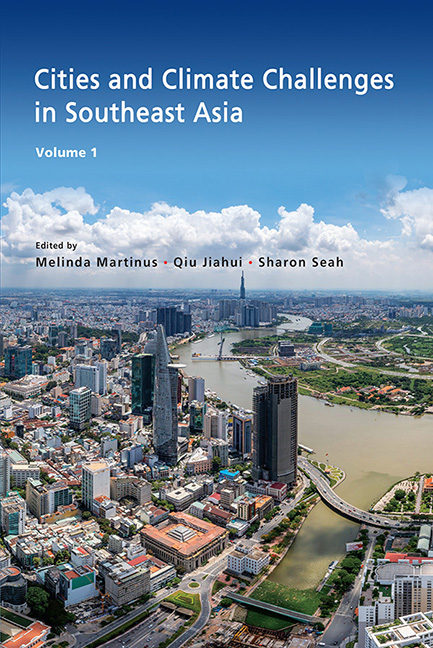3 - Exploring Agroecology for Enhancing Climate Actions and Food Security in Cities: Malaysia as a Case Study
Published online by Cambridge University Press: 09 January 2024
Summary
Summary:
■ The conventional conception of urban areas as non-food production centres needs to be challenged.
■ Food insecurity has become more alarming due to price instability and disruption of the supply chain. The COVID-19 pandemic has added further strain on community food security.
■ Agroecological principles in urban agriculture have the potential as an alternative for cities to achieve food security.
■ Through agroecology, the community co-creates farming knowledge and changes the food system to fit their needs and capacity thus they are able to improve their resilience in adapting to the climate impacts.
INTRODUCTION
In 2022, the state of global food security came under scrutiny due to developments in the Russia-Ukraine conflict. The significant role that these two countries play in the global food system, specifically as major fertilizer and wheat producing countries, alarmed neighbouring countries in the region and other food importers. This situation certainly put more pressure on the global food system, which has already faced various challenges. Prior to the conflict, there was a continued rise in food production costs that placed more pressure on smallholder farmers and consumers. Add in the impact of climate change, and global food security has become more uncertain than ever, with increasingly likely food shortages and instability in the future.
On the other hand, the role of food production has been divorced from cities after waves of industrialization hit nations around the world. Cities have been transformed into administrative and industrial centres, and other economic activities are viewed as more capable of producing higher value output. The agricultural sector as a food producer is lagging (Mat et al. 2019). Similarly, in the context of the agricultural sector, driven by the argument of comparative advantage, countries have given more focus to several high-value crops while importing cheaper agrifood produce. As a result, farm-to-fork distances increased and the interdependency between countries intensified. This business-as-usual form of the food system is argued to be unsustainable in facing the unpredictability caused by climate change (IPES-Food and ETC Group 2021). Thus, agroecology is being tabled as a muchneeded alternative in the food system.
- Type
- Chapter
- Information
- Cities and Climate Challenges in Southeast Asia , pp. 30 - 43Publisher: ISEAS–Yusof Ishak InstitutePrint publication year: 2023

